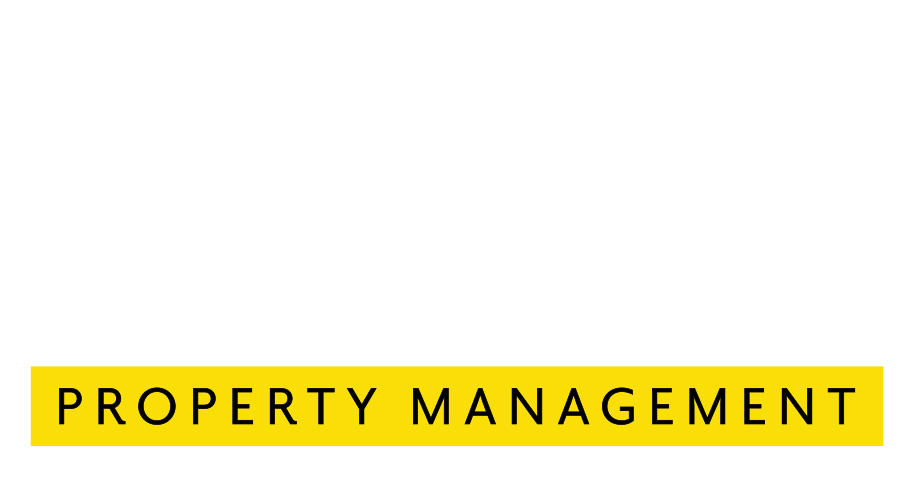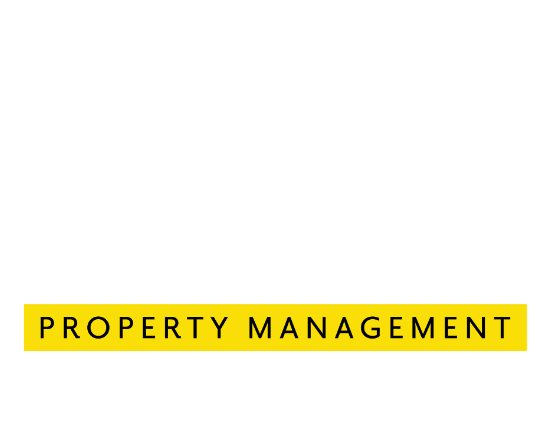When you’re renting a property, a change in property management can feel like a sudden shift in your living situation. Understanding what this transition entails is crucial for navigating the process smoothly and maintaining your peace of mind. Here’s a comprehensive guide on what to expect when your property management changes, covering everything from lease agreements to your rights as a tenant.
Property Management Changes
Property management might change hands for various reasons, such as a property being sold, a new management company taking over, or the current landlord deciding to manage the property personally. Regardless of the scenario, it’s important for tenants to understand the implications of such changes to ensure their rights are protected and obligations are understood.
Validity and Continuation of Existing Leases
Typically, when property management changes, your existing lease remains valid. The new management steps into the shoes of the old, assuming all rights and responsibilities. However, it’s crucial to review your lease agreement, as some might contain clauses that allow for lease termination upon property sale or management changes.
Notification and Communication
Tenants should expect to receive formal notification of the change in management. This notice usually comes in writing and includes essential details like updated contact information, new payment instructions, and any changes in property management policies. It’s important to keep a copy of this notification for your records.
Tenant Rights and Responsibilities Under New Management
Even under new management, your tenant rights—such as the right to a habitable living environment—remain unchanged. However, your responsibilities do too, including paying rent on time and maintaining the property in good condition. It’s vital to continue adhering to the terms of your original lease unless officially amended.
Landlord Obligations and Property Upkeep
The new property management is obligated to uphold the landlord’s duties, such as ensuring the property is safe and clean, and that all facilities and utilities are functional. If the new management fails to meet these obligations, tenants have legal recourses, including requesting repairs, withholding rent, or in extreme cases, breaking the lease.
Adjustments in Rent and Lease Conditions
Under most circumstances, your rent cannot be adjusted mid-lease. However, upon lease renewal, the new management may propose changes to the rent or other lease conditions. Being aware of these potential adjustments ahead of time will help you plan accordingly.
Security Deposit Transfers
During a change in property management, your security deposit should transfer to the new owner or manager. Ensure you receive a written confirmation of this transfer. If there’s any confusion or issue with the deposit, it’s crucial to address it promptly with the new management.
Special Cases: Property Conversion or Demolition
If the new owner plans to convert the property for non-rental uses or demolish it, they must provide proper eviction notices and follow legal procedures. This might involve relocation assistance or additional rights, depending on local laws.
Renewal of Leases
When it’s time to renew your lease, the new management might offer a renewal with terms different from your original lease. Review these terms carefully and negotiate any points that do not meet your needs or expectations.
Legal Support and Resources
Understanding your rights and where to seek help can provide significant peace of mind. Local tenant unions, legal aid organizations, and housing advocacy groups are valuable resources for advice and support, especially if disputes arise.
By staying informed and proactive, you can handle a change in property management smoothly and ensure your housing situation remains secure and comfortable. Remember, changes in management are common in rental scenarios and handling them well can even lead to an improved renting experience.





